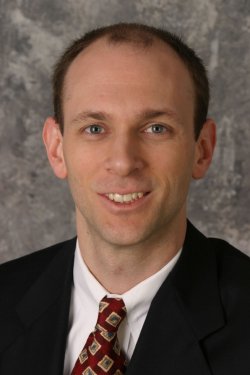
He's just what the label and brand implies -- a dry 8-inch DLC cork for Uncle's budget bottle. I bet he's a parson's son like Dean Acheson. He even looks like a loan officer.
But I'm here to tell ya, he's up to date. This cuss loves the new mortgage market. Maybe he looks like he'd say "Sorry, Mr Chubb, we can't loan you that today. Why don't you go home and save your pennies and maybe come back when you can put down a real down payment?" (Imagine staring at that Adam's apple bobbing away as he says this.)
But he really don't say stuff like that, not about householders. Nope, he believes "Mr Chubb, you're going somewhere! So here's the loan you requested, and here's 20% more! Buy yourself some business suits, and the wife a new car!"
You see, the new "supply-side" trick play in town is not to cut top tax rates, and load the diff on payroll. Nope, among the banker progs that inform guys like Oby and the Kerry tree, the watchword is to raise middle America's debt nut.
I call it the peonage effect. Get the nut up to the max based on potential future earnings. That's right, chain these raw recruits to the corporate monkey bars for life. When you owe, baby, and all you got to sell is yourself and the domestic partner.... Debt will make 'em climb faster, even as the ladder slides out from under 'em.
But Uncle's borrowing? Well, pard, that is an entirely different story. Deficits incurred to increase social spending only makes life too easy for the jobless. Now if you tax-extract it from payroll.... that's different.
Get a sense of this porcupine? Here for your day's punishment is an article (or something like an article) he scrawled for the DLC last year:
http://www.ndol.org/ndol_ci.cfm?kaid=125&subid=163&contentid=253989
Message: the growing household wealth gap is the reward of virtuous savings and investing habits.
The main reason the capital gap has been widening -- aside from the effects of the recent tax cuts -- is that higher-income people have higher savings rates and a much higher likelihood of owning high-return investments, such as stocks and other forms of equity capital. For example, while just over half of the middle class has a retirement account, almost 90 percent of the top group does.
